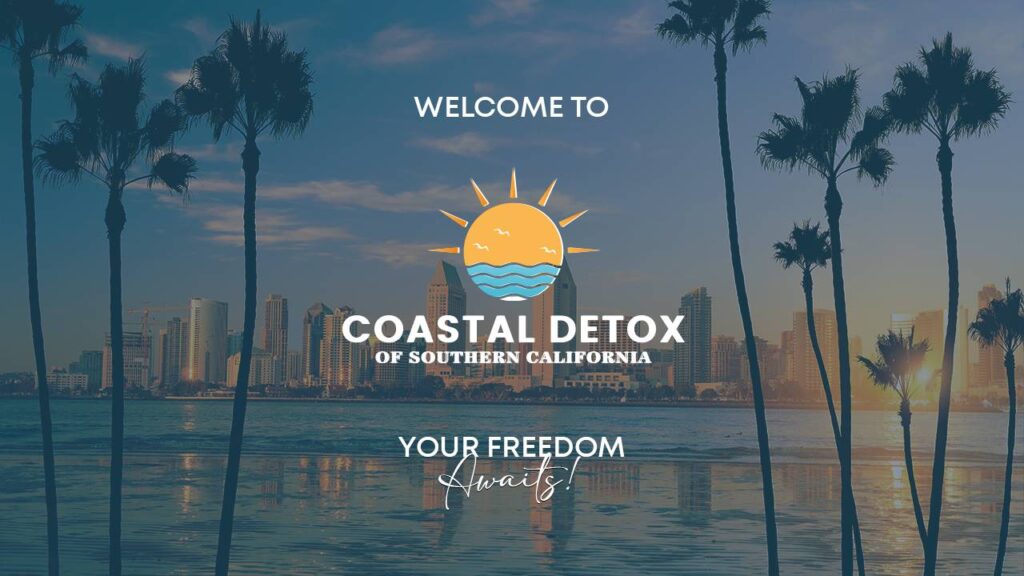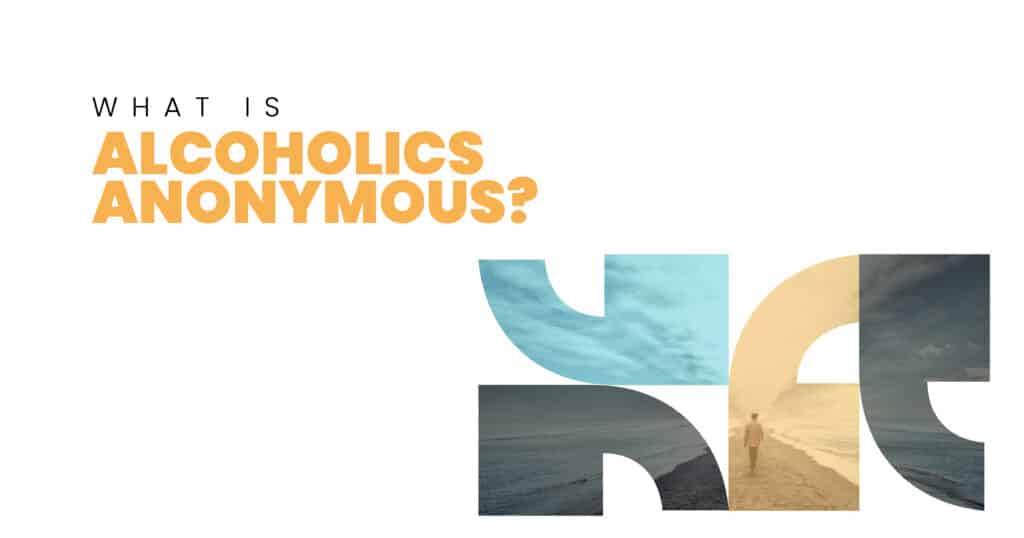Alcoholics Anonymous (AA) is a globally recognized organization dedicated to helping individuals struggling with alcoholism achieve and maintain sobriety. Founded in 1935, AA has grown into a network of over 2 million members worldwide. This confidential program has been pivotal in providing a program of recovery for fellow alcoholics and continues to be a cornerstone in the treatment facilities dedicated to addiction recovery.
This blog post will delve into the history, structure, and benefits of AA, providing a comprehensive understanding of this vital support system for those battling alcohol addiction.
History of Alcoholics Anonymous
Bill Wilson and Dr. Bob Smith founded Alcoholics Anonymous in Akron, Ohio. The organization began as a small support group but quickly expanded due to its effective approach to recovery from alcoholism. The principles of AA are based on the founders’ personal experiences with alcoholism and their belief in the power of mutual support.
The early days of AA involved meetings held in various formats, including community-based meetings and what would later evolve into the 12-step treatment works that are now central to the program. The success of AA’s approach is rooted in its practical experience and the fellowship of people who share similar struggles.
The AA Program: 12 Steps to Recovery
One of the most distinctive features of Alcoholics Anonymous is its 12-step program. This program serves as a guideline for personal recovery and spiritual development. Here is a brief overview of the 12 steps:
- Admitting Powerlessness: Acknowledging the inability to control one’s addiction.
- Belief in a Higher Power: Accepting that a higher power can restore sanity.
- Surrender: Turning one’s will and life over to the care of this higher power.
- Moral Inventory: Conducting a thorough self-examination.
- Admission: Admitting to oneself, the higher power, and another person the nature of one’s wrongs.
- Readiness: Being ready to have the higher power remove all character defects.
- Asking for Removal: Humbly asking the higher power to remove shortcomings.
- Amends List: Listing all persons who have been harmed and becoming willing to make amends.
- Making Amends: Making direct amends to such people wherever possible, except when doing so would injure them or others.
- Continual Inventory: Continuing to take personal inventory and promptly admitting when wrong.
- Spiritual Connection: Seeking to improve conscious contact with the higher power through prayer and meditation.
- Helping Others: Carrying the message to other alcoholics and practicing these principles in all affairs.
This program of recovery has been supported by numerous studies, including those by the National Institute on Alcohol Abuse and Alcoholism, demonstrating its efficacy in aiding recovery from alcoholism.
How Does Alcoholics Anonymous Work?
Regular Meetings
AA meetings are the cornerstone of the organization. They provide a safe space for individuals to share their experiences, strength, and hope. Meetings are held in various formats, including:
- Open Meetings: Open to anyone interested in learning about AA, including friends and family members of alcoholics.
- Closed Meetings: Restricted to individuals who identify as alcoholics.
- Discussion Meetings: Focused on a particular topic related to alcoholism.
- Speaker Meetings: Featuring one or more members who share their personal recovery stories.
- Online Meetings: Providing virtual access for those unable to attend in person.
These meeting formats offer a range of opportunities for engagement, from week of meetings to daily meetings.
Sponsorship
A unique aspect of AA is the sponsorship system. A sponsor is an experienced member who guides and supports a newcomer. Sponsors help newcomers navigate the 12 steps and offer a personal connection that fosters accountability and encouragement. This service opportunity is essential for fellow alcoholics in navigating their recovery journey.
Literature and Resources
AA offers a wealth of literature to support members in their recovery journey. The “Big Book,” officially titled Alcoholics Anonymous, is the foundational text that outlines the principles and methods of the AA program. Other resources include conference-approved literature, pamphlets, newsletters, and online materials.
The Benefits of Alcoholics Anonymous
Peer Support
One of the greatest strengths of AA is the peer support it provides. Members share a common goal and experience, which fosters a sense of community and belonging. This mutual support is crucial for individuals who might feel isolated or misunderstood in their struggle with binge drinking.
Accountability
Regular attendance at meetings and the relationship with a sponsor provide a level of accountability that can motivate and stabilize individuals in recovery. Knowing that others are invested in their success encourages members to stay committed to abstinence-based alcoholism.
Accessibility
AA meetings are widely available and free of charge. This accessibility ensures that anyone seeking help can find it without financial barriers. Meetings are held in various locations and times, making it easier for individuals to find one that fits their schedule. Community-based meetings are also widely accessible, contributing to the effectiveness of the recovery process.
Anonymity
The principle of anonymity is a fundamental part of AA. It ensures that individuals can seek help without fear of stigma or repercussions. Anonymity also fosters a safe and confidential environment, which encourages honesty and openness. This aspect of AA helps mitigate the stigma often associated with alcoholic drinking.
Frequently Asked Questions
Who can join Alcoholics Anonymous?
Anyone who wants to stop drinking can join AA. There are no age, gender, or socio-economic restrictions. The only requirement for membership is a desire to stop drinking.
How much does it cost to join AA?
There are no fees or dues for AA membership. The organization is self-supporting through member contributions. Members are encouraged, but not required, to make donations to help cover the cost of meetings and literature.
Is AA affiliated with any religious organization?
No, AA is not affiliated with any religious organization. While the program includes spiritual elements, it is not based on any specific religion. Members are encouraged to define their understanding of a higher power.
Can I attend AA meetings if I’m not sure I’m an alcoholic?
Yes, you can attend open AA meetings even if you are unsure whether you are an alcoholic. These meetings provide an opportunity to learn more about the program and determine if it fits you.
What is a closed meeting?
A closed meeting is reserved for individuals who identify as alcoholics. These meetings provide a more intimate setting for members to share their experiences and support each other.
How to Find an Alcoholics Anonymous Meeting
Finding an AA meeting is straightforward. You can:
- Visit the AA website: The official Alcoholics Anonymous World Services Inc. website provides a meeting locator tool.
- Contact local AA offices: Many cities and regions have local AA offices that can provide information on meeting times and locations.
- Ask a healthcare provider: School counselors, doctors, therapists, and counselors often have information on local AA meetings.
Conclusion
Alcoholics Anonymous is a vital resource for individuals seeking to overcome alcoholism. Its 12-step program, peer support, and widespread accessibility make it a cornerstone of addiction recovery. By understanding what AA is and how it works, individuals struggling with alcohol dependence can take the first step towards a healthier, sober life. The commitment to abstinence-based alcoholism and the support provided by the fellowship of people in AA make it a powerful tool for recovery from alcoholism.
American Addiction Centers and various treatment facilities continue to support and collaborate with AA in providing effective treatment options for those seeking recovery. The Alcoholics Anonymous World Services remains a pivotal resource in advancing successful recovery and supporting the 12-step treatment works worldwide.









